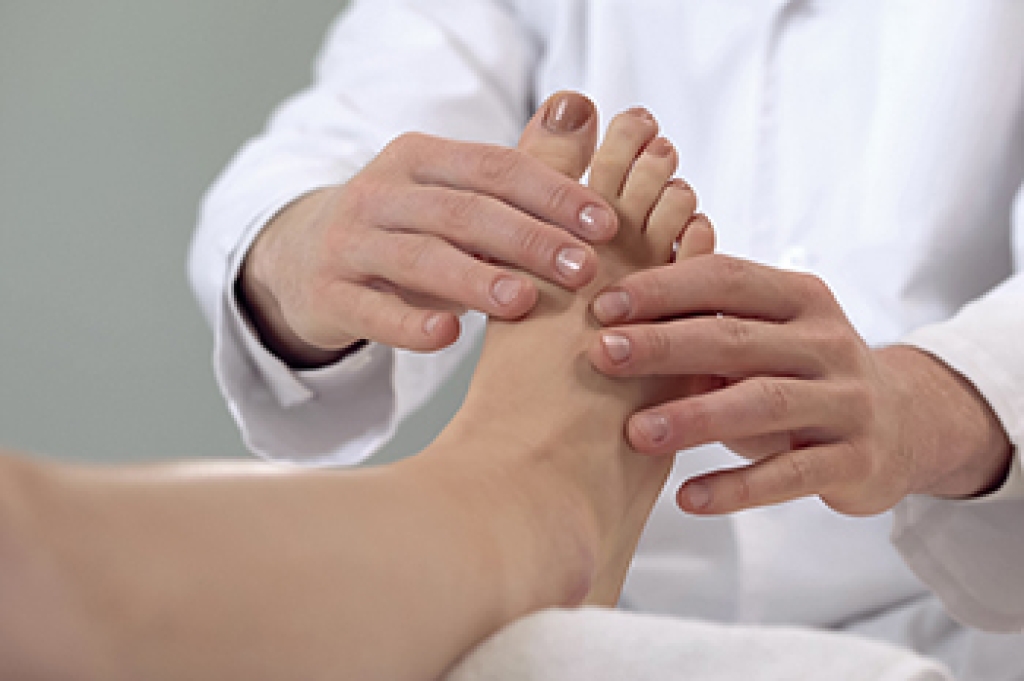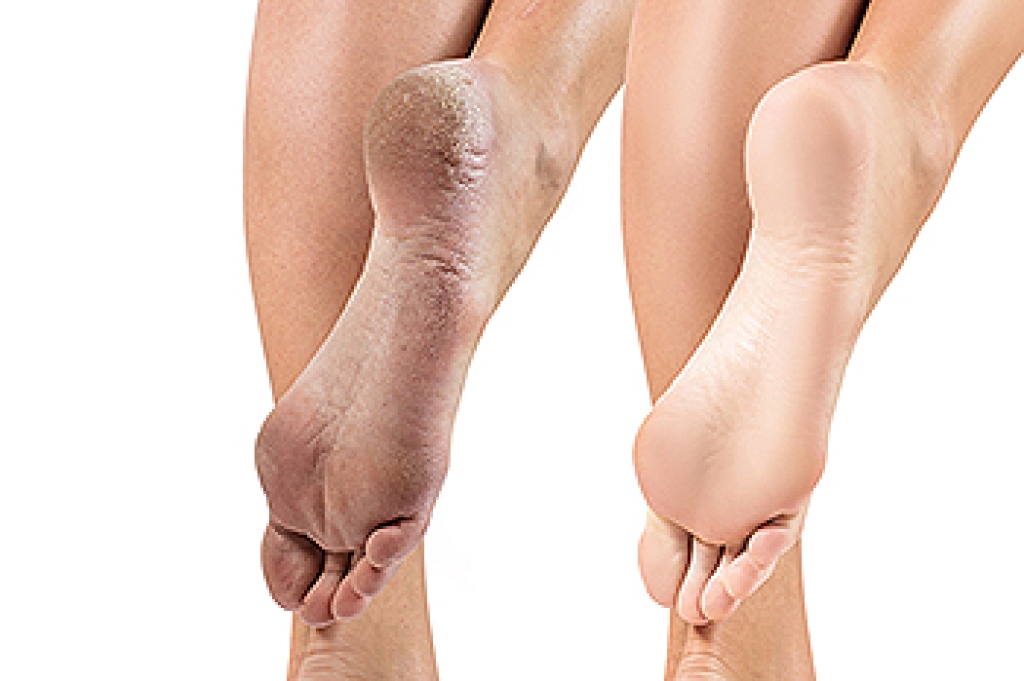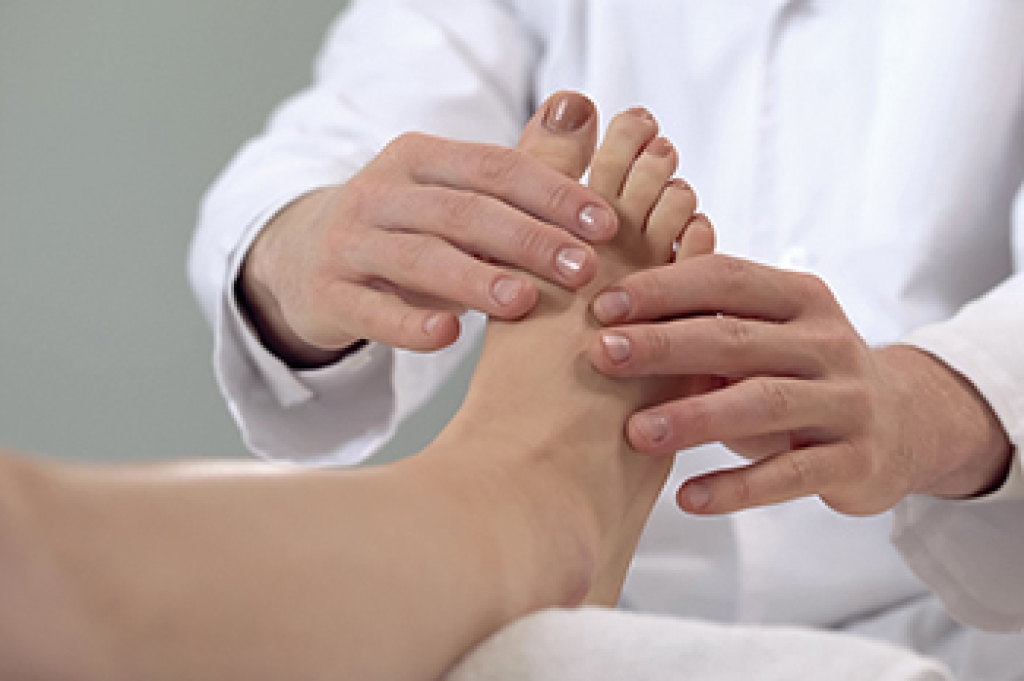
A bunion is a bony bump that can develop on the side of the big toe. If a patient does not respond to more conservative treatments to correct this deformity, then a surgical procedure might be recommended in some cases. Following the surgical procedure, your podiatrist may advise that some kind of physical therapy is performed. Cryotherapy, or cold therapy, might be recommended where the intention is to decrease swelling in the affected area. Potential physical therapy options might also include some kind of gait training, where a physical therapist helps you walk normally or correct any limping tendencies. Lastly, proprioceptive balance training might be another form of physical therapy that is meant to improve and increase stability. If you have bunions and want to learn more about physical therapy following a surgical procedure, contact a podiatrist today.
Foot surgery is sometimes necessary to treat a foot ailment. To learn more, contact Soorena Sadri, DPM of FootWorx Active Podiatry. Our doctor will assist you with all of your foot and ankle needs.
When Is Surgery Necessary?
Foot and ankle surgery is generally reserved for cases in which less invasive, conservative procedures have failed to alleviate the problem. Some of the cases in which surgery may be necessary include:
- Removing foot deformities like bunions and bone spurs
- Severe arthritis that has caused bone issues
- Cosmetic reconstruction
What Types of Surgery Are There?
The type of surgery you receive will depend on the nature of the problem you have. Some of the possible surgeries include:
- Bunionectomy for painful bunions
- Surgical fusion for realignment of bones
- Neuropathy decompression surgery to treat nerve damage
Benefits of Surgery
Although surgery is usually a last resort, it can provide more complete pain relief compared to non-surgical methods and may allow you to finally resume full activity.
Surgical techniques have also become increasingly sophisticated. Techniques like endoscopic surgery allow for smaller incisions and faster recovery times.
If you have any questions, please feel free to contact our office located in Fort Myers, FL . We offer the newest diagnostic and treatment technologies for all your foot care needs.



